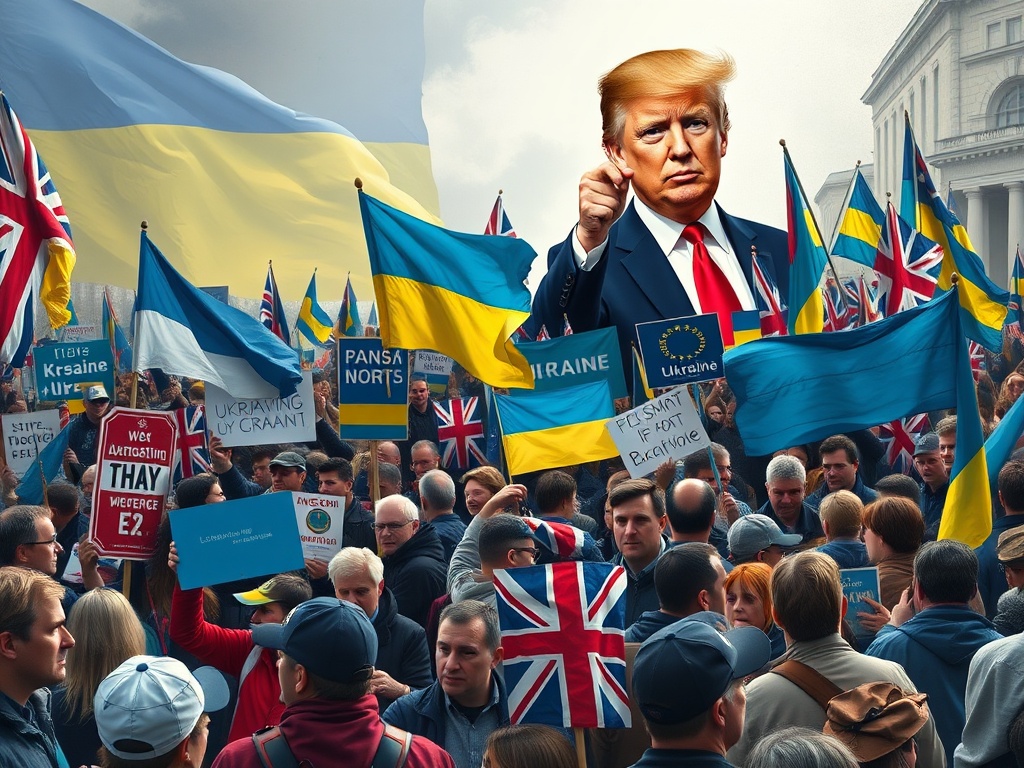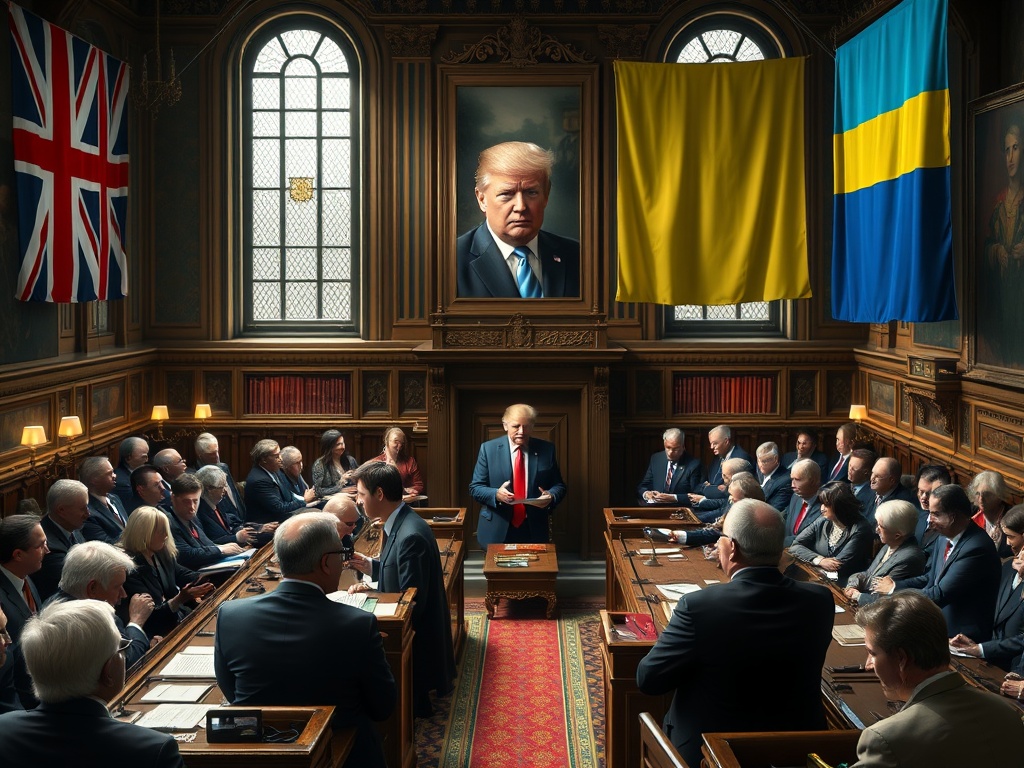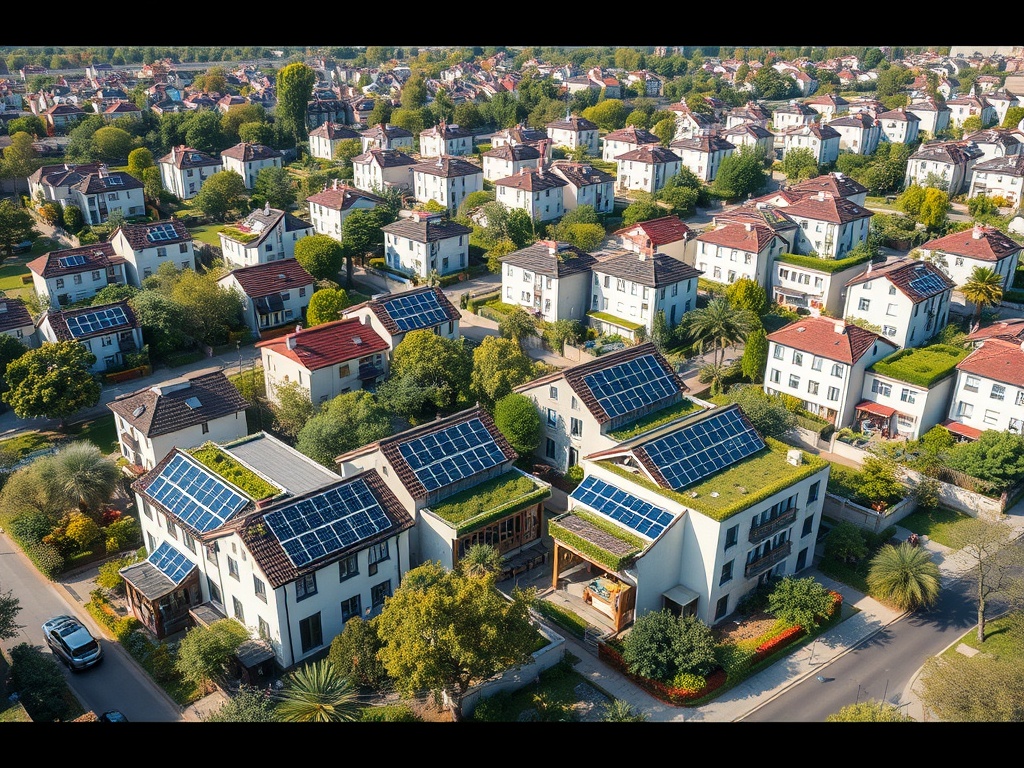Trump’s Disruption: A Double-Edged Sword for British Politics

Supporters of Donald Trump in Britain often tout him as a revolutionary figure, a disrupter who challenges the status quo. However, they seem to underestimate the fallout from his unpredictable remarks, which have reverberated through their aspirations for power. The ambitions of right-wing politicians to mirror Trump’s approach and curry favor with his administration have been jeopardized by his harsh and misleading critiques of Ukrainian President Volodymyr Zelensky. Trump’s overture to Russia while sidelining Ukraine and NATO allies has unsettled many within the British political landscape.
As we mark the third anniversary of Russia’s full-scale invasion of Ukraine this weekend, the Trump administration has notably pushed back against using the phrase “Russian aggression” in a G7 joint statement. Furthermore, both Trump and his associate Elon Musk have taken to labeling President Zelensky a “dictator.” Such statements are not only detached from reality but also starkly contrast with the sentiments of the British populace, who are well aware of the situation.
According to a recent YouGov survey, a mere three percent of the UK public places the blame for the war on Ukraine, while nearly 80 percent express a desire for Ukraine to emerge victorious. Populist politicians must tread carefully; straying too far from public opinion on crucial matters of national security could spell disaster for them.
This predicament could prove to be a significant hurdle for Nigel Farage’s Reform UK party and Kemi Badenoch’s leadership ambitions within the Conservative Party. If Trump’s America opts to abandon the post-World War II rules-based order in favor of raw power politics, Farage and Badenoch would rather not address this uncomfortable reality.
Labour leader Sir Keir Starmer has adeptly navigated this political minefield following Trump’s incendiary remarks. While refraining from directly criticizing the U.S. President ahead of their upcoming White House visit, Labour ministers have publicly affirmed that Zelensky is not a dictator and that Ukraine’s decision to postpone elections during wartime is a legitimate democratic action, similar to Britain’s own historical choices in times of conflict.
The Liberal Democrats have also grasped the implications, although they, like Labour, will soon discover that a commitment to 2.5 percent of GDP in defense spending by 2030 may fall short of what is necessary. A number of Conservative politicians have also voiced their concerns openly.
Those British politicians who have flirted with Trumpian ideology find themselves at a crossroads. Boris Johnson recently claimed that Trump would never abandon Ukraine, but when the President did just that, Johnson backtracked, suggesting that Trump didn’t truly mean it. Meanwhile, Farage and Badenoch reluctantly acknowledged that Zelensky is not a dictator before hastily diverting their attention back to other Trump-inspired talking points. Both leaders chose to spend their parliamentary recess at events organized by North American Trump enthusiasts. They spoke in London at the Alliance for Responsible Citizenship (ARC), an event orchestrated by Canadian influencer Jordan Peterson. Following that, Farage joined Liz Truss and U.S. Vice President JD Vance outside Washington D.C. to celebrate Trump’s success during the annual Conservative Political Action Committee (CPAC) rally.
Farage is more astute than his colleagues in the Reform UK party. Unlike Richard Tice, who found himself in a heated argument with TalkRadio’s Julia Hartley-Brewer over potential territorial concessions in the event of a Russian invasion, or the wealthy Rupert Lowe, who accused Starmer of “warmongering” for proposing British troop involvement in peacekeeping operations in Ukraine—a move that 58 percent of Britons support, according to YouGov—Farage managed to sidestep direct confrontation. He did, however, suggest a timeline for elections in war-torn Ukraine, heralding Trump as the “bravest man” he knows, while prematurely thanking his American allies for their anticipated support in achieving victory in the next British general election.
At the ARC, Badenoch warned that the survival of Western civilization hinges on her ability to steer the Conservative Party back to power. Although she briefly mentioned Russia in a list of “totalitarian states,” her speech largely overlooked the pressing issue highlighted by Trump’s comments: Russia’s brutal campaign to reverse Ukraine’s westernization represents a profound threat to the West.
Instead, Badenoch focused on the so-called culture wars, echoing Vance’s controversial address at the Munich Security Conference. She criticized the BBC and universities—two of the UK’s esteemed institutions—along with movements like Black Lives Matter, framing them as part of the “real poison” of left-wing progressivism, whether it be issues surrounding pronouns, diversity, equity, and inclusion (DEI), or climate activism.
This foray into the shallow waters of U.S. culture wars is unlikely to divert attention from the Conservative Party’s accountability for the current state of the national economy. Notably, rival Robert Jenrick appears to be steering clear of that contentious territory.
Ultimately, Trump is not a friend to Ukraine. In the long run, he is unlikely to prove supportive of either Badenoch’s or Farage’s political aspirations.
Adam Boulton presents Sunday Morning on Times Radio




